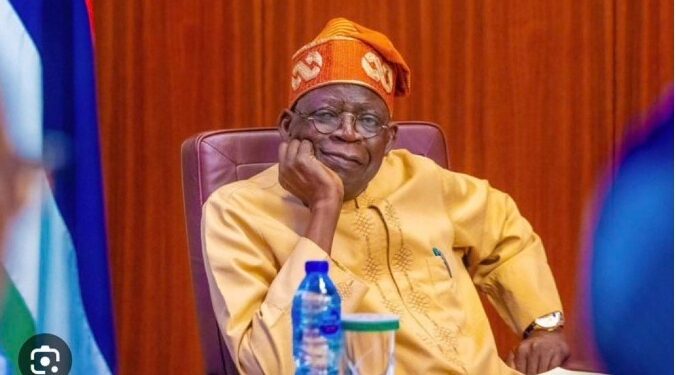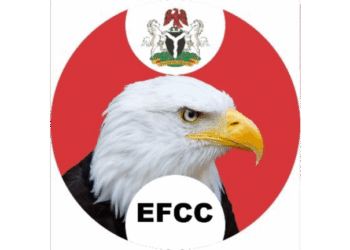In a historic ruling, the Supreme Court has delivered a decisive verdict on the 2023 presidential election, upholding the victory of President Bola Ahmed Tinubu.
The court’s unanimous judgment has far-reaching implications for the nation and the political landscape.
Former Vice President Atiku Abubakar had filed an appeal against the judgment of the Presidential Election Petition Tribunal, which had initially declared President Tinubu as the winner of the election.
Atiku’s appeal challenged the validity of the election results and raised several crucial issues.
The Supreme Court, in a comprehensive review of the case, addressed all seven issues presented by Atiku in his petition.
In a surprising turn of events, the court ruled in favour of President Tinubu, affirming the victory of the All Progressives Congress (APC) as declared by the Independent National Electoral Commission (INEC).
Atiku had sought to introduce fresh evidence into his appeal.
However, the court dismissed this motion, emphasizing that the Constitution does not allow the filing of new evidence that was not initially pleaded at the Presidential Election Petition Tribunal (PEPC).
The appellants contended that President Tinubu needed to score 75 percent of the votes in the Federal Capital Territory (FCT) to be declared the winner.
The Supreme Court rejected this claim, reinforcing the existing standards for victory.
Atiku had argued that he won the election and contested the figures provided by INEC to declare President Tinubu the winner.
However, the court noted that Atiku failed to present alternative figures, weakening his case.
Notably, Atiku did not seek an amendment of his pleadings or request an extension of time, despite the 180-day time frame set by the Constitution, which had elapsed since September 17, 2023.
The Supreme Court’s decision to uphold President Tinubu’s victory has significant implications for Nigeria’s political landscape.
It reaffirms the importance of adhering to constitutional timelines and established legal procedures.
The court’s ruling also underscores the need for thorough preparation and presentation of evidence in election-related cases.











